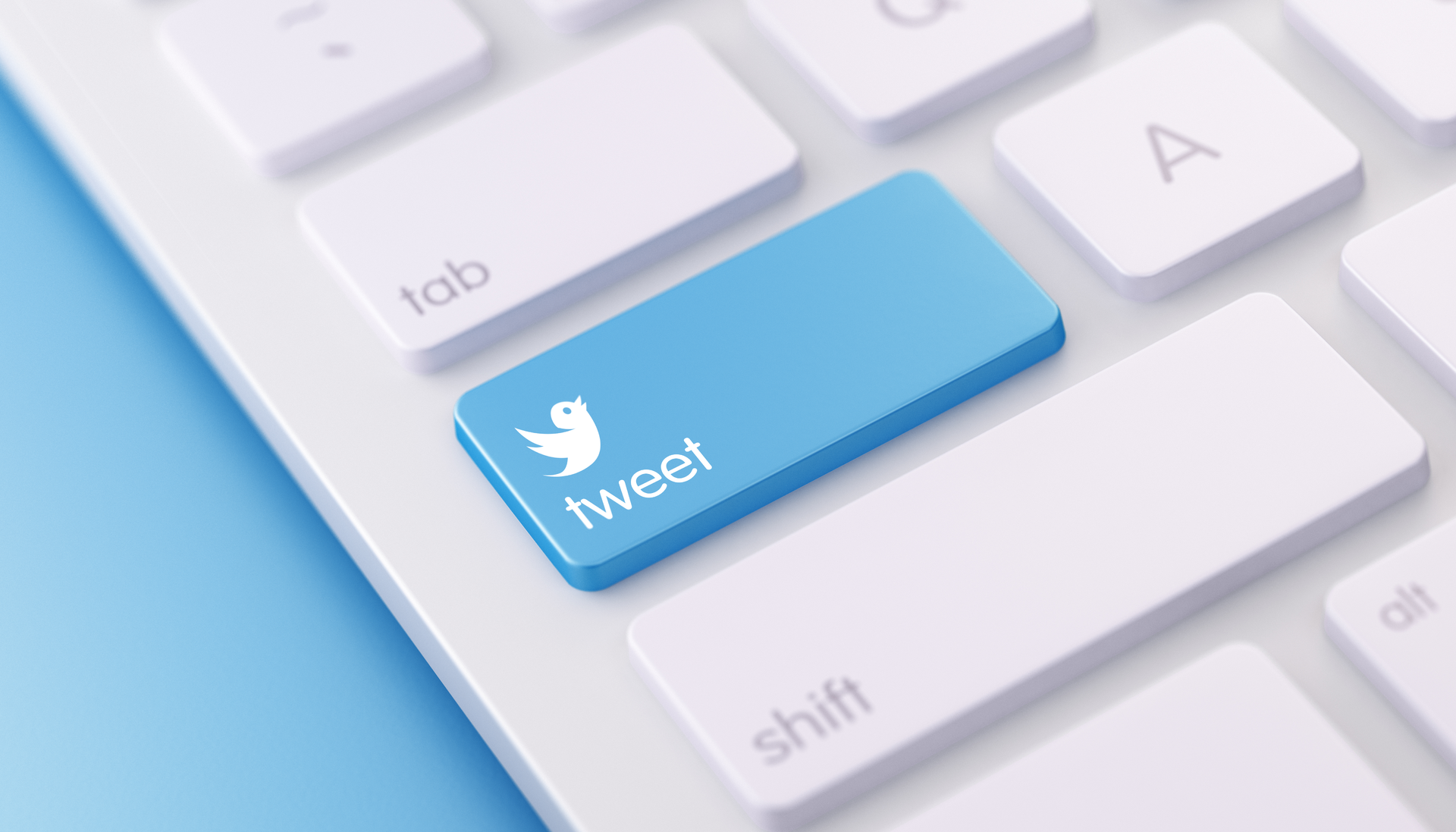First Facebook, now Twitter.
Investors panicked last week after a reported drop in Twitter’s monthly active users (MAU) for the second quarter — with that decline expected to continue by the “mid-single-digit millions” into the third quarter. The San Francisco-based company’s shares fell 20.5 percent on Friday, July 27, and another 8 percent the following Monday — about a 27 percent loss over two days. The Twitter news followed that of Facebook, which saw one of the all-time biggest one-day collapses in share value when it lost $123 billion in market value. (Facebook has since been served with a multitude of Cambridge Analytica-related class-action lawsuits).
Almost immediately, analysts began using Facebook CEO Mark Zuckerberg and Twitter CEO Jack Dorsey as punching bags for the news.
“We believe upside to current levels would require growth in the overall user base, which we see no evidence of at this point,” KeyBanc Capital Markets analyst Andy Hargreaves said in a note to clients Friday. Stifel echoed that response, with analyst John Egbert saying, “With everything going on in the world (and with Twitter’s peers), it’s hard to fault Twitter for prioritizing the long-term health and viability of its platform for public conversation, but it’s even more difficult to justify why investors should own the stock as it goes through this period.”
Julia Gardner, founder and CEO of MAAST Digital, has studied the effects of both social media titans and noted that these massive stock plunges are indicative of a larger problem. With Twitter, specifically, she said, influencer marketing’s profitability could be compromised because of bots and bad actors — which some have suspected could be connected to Twitter’s shareholders’ anxiety.
“Eighty-five percent of [influencers’] revenue comes from advertising,” Gardner said. “So, if you’ve got, you know, these third-party vendors setting up these bots, influencing behavior … I don’t want to advertise on Twitter. First and foremost, because if these authors are creating fake accounts, I don’t know who I’m advertising to.”
Gardner predicts that the “damage control” being done by Facebook and Twitter following the 2016 U.S. presidential election, and Cambridge Analytica, could shift resources away from influencer marketing.
“We will see a huge shift in money allocated for influencer programs,” she explained. “And it’s actually a shame because, you know, a lot of verticals like fashion — even in healthcare — they largely depend on these influencers because they’re a high-value, low-cost way to really communicate with your end user.”
Where might those resources go? Gardner said many of MAAST’s clients are refocusing on traditional display and search campaigns by way of Google because it’s more secure.
Other media leaders acknowledged the problems ahead for the social giants but stopped short of criticizing Zuckerberg and Dorsey. Yuval Ben-Itzhak, CEO of the social media marketing platform Socialbakers, commented on Facebook’s Q2 results for DMN last week. He applauded the efforts being made to enhance transparency on these platforms. Regarding the Twitter earnings, he said:
“Authenticity is increasingly pervasive when it comes to social media marketing, and fake accounts which lead to inflated reach and performance numbers aren’t helping brands or influencers to engage in authentic conversation with their audiences,” Ben-Itzhak said. “Despite the results, Twitter appears to be doing all the right things to hold onto advertisers’ spend. Twitter can certainly still attract brands and media publishers to the platform and is driving strong revenues from its ad efforts. We should stay tuned for Q3!”








